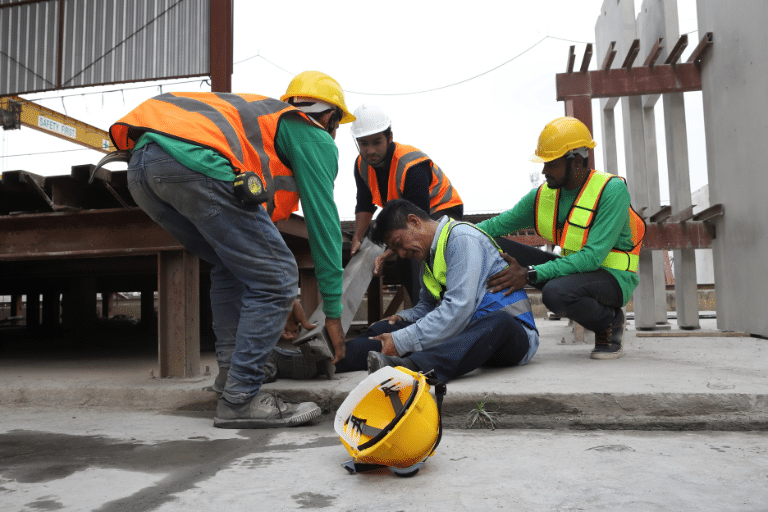Factor V Leiden Risks
More than 3 million cases of Factor V Leiden are diagnosed annually in the US, yet our doctors are not testing for this in routine physicals and exams. Factor 5 or Factor V Leiden is a medical condition in which the V clotting factor in our blood has a mutation, which can cause abnormal and dangerous clotting.
With Factor V Leiden, it is not that blood will not clot, but rather that it is more likely your blood lacks the protein to naturally break up the clot. If a clot is developed deep vein, or travels to your lungs, heart or brain it can be a tragic outcome.
Individuals that have a single carrier parent – a heterozygous copy, versus individuals that inherited two (homozygous) have a vast risk difference. A single carrier is less likely to experience clotting complications, where as a double carrier has a significantly increased risk.
Factor V Leiden Healthcare Complications
Testing for Factor V Leiden can be done one of two ways. The most common test is a protein resistance test by drawing and analyzing a blood sample. The second way to test for Factor V Leiden is through genetic screening.
Birth Injury with Factor V Leiden
Factor V Leiden sufferers that have been diagnosed are considered high risk pregnancies and deliveries. The complications and issues that can accompany a clotting factor are very dangerous. A pregnant mother can experience serious clotting complications that can lead to fetus distress, delivery complications and dangers for the mother and child.
Surgeries and Medical Care
Factor V Leiden diagnosis requires additional surgery pre-screenings – A Factor V Leiden diagnosis can have a large impact on your treatment plan. Since severe cases of Factor V Leiden are often undiagnosed until an issue arises, it can be very dangerous for the patient. Factor V Leiden is also commonly treated with blood thinning medications which require additional surgical considerations.
A diagnosis of Factor V Leiden requires that an individual avoid long periods of immobility, like long periods of rest following a medical procedure.
Medications
Individuals diagnosed with Factor V Leiden are typically required to abstain from any artificial hormones, most commonly birth control and artificial estrogen treatments.
Everyday Life
Essentially any behavior that can contribute to clots forming is a risk factor for individuals with Factor V Leiden. Long trips in a car or plane, extended periods of rest, obesity and smoking can all raise your risk of developing a dangerous clot. Factor V Leiden individuals should also avoid behaviors that can contribute to injury, like sports, dangerous household items and even injuries from everyday behaviors like shaving or brushing your teeth.
If you or someone you love was diagnosed with Factor V Leiden after an incident or complication following a medical procedure or pregnancy, your physician may have missed the early warning signs. Family history and a history of unexplained clots, pregnancy loss and clotting complications can mean your Factor V Leiden went undiagnosed. Contact my offices immediately.
I’ll be there for you, and I’ll Make Them Pay!®
Author: Tim Misny | For over four decades, personal injury lawyer Tim Misny has represented the injured victim in in birth injury, medical malpractice, and catastrophic injury/wrongful death cases, serving Cleveland, Akron/Canton, Columbus, Dayton and neighboring communities. You can reach Tim by email at misnylaw.com/ask-tim-a-question/ or call at 877.944.4373.







